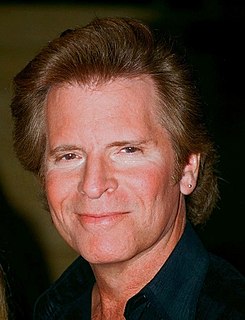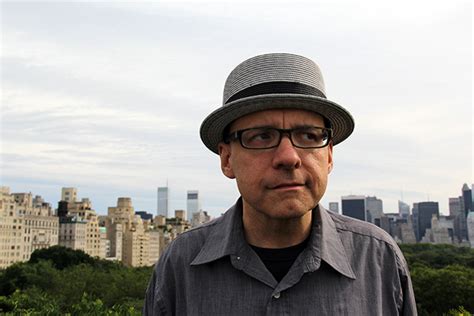A Quote by Mukesh Rishi
I felt ashamed while saying Bulla's dialogues! There was a mixed feeling of shame and guilt, and I constantly questioned myself why I was doing this in the first place.
Quote Topics
Related Quotes
I have been manipulated, and I have in turn manipulated others, by recording their response to suffering and misery. So there is guilt in every direction: guilt because I don't practice religion, guilt because I was able to walk away, while this man was dying of starvation or being murdered by another man with a gun. And I am tired of guilt, tired of saying to myself: “I didn't kill that man on that photograph, I didn't starve that child. That's why I want to photograph landscapes and flowers. I am sentencing myself to peace.
Despite their differences, pride, shame, and guilt all activate similar neural circuits, including the dorsomedial prefrontal cortex, amygdala, insula, and the nucleus accumbens. Interestingly, pride is the most powerful of these emotions at triggering activity in these regions - except in the nucleus accumbens, where guilt and shame win out. This explains why it can be so appealing to heap guilt and shame on ourselves - they're activating the brain's reward center.
I'm just made differently. Man, I just love being an American, I love my country. But it happened to me during the Nixon time, especially pre-Watergate, that as I watched Nixon for the first time in my life I felt shame. I had to analyze myself. What is this emotion? I realized that my government was separate from my country. It was the first time I ever felt ashamed of the government, not the country.
The one feeling that settled in and stayed there for a long while, and I still deal with, is guilt. I was there. I was a part of it. Why does it have to be like this? Was I responsible? Was I the reason Dale was in that position? I'd ask myself that question and look around at people and wonder if they were thinking that, too.
Our life is so short that every time I see my children, I enjoy them as much as I can. Whenever I can, I enjoy my beloved, my family, my friends, my apprentices. But mainly I enjoy myself, because I am with myself all the time. Why should I spend my precious time with myself judging myself, rejecting myself, creating guilt and shame? Why should I push myself to be angry or jealous? If I don't feel good emotionally, I find out what is causing it and I fix it. Then I can recover my happiness and keep going with my story.
What should our second generation have done, what should it do with the knowledge of the horrors of the extermination of the Jews? We should not believe we can comprehend the incomprehensible, we may not compare the incomparable, we may not inquire because to inquire is to make the horrors an object of discussion, even if the horrors themselves are not questioned, instead of accepting them as something in the face of which we can only fall silent in revulsion, shame and guilt. Should we only fall silent in revulsion, shame and guilt? To what purpose?
Every woman while she would be ready to die of shame if surprised in the act of generation, nonetheless carries her pregnancy without a trace of shame and indeed with a kind of pride. The reason is that pregnancy is in a certain sense a cancellation of the guilt incurred by coitus; thus coitus bears all the shame and disgrace of the affair, while pregnancy, which is so intimately associated with it, stays pure and innocent and is indeed to some extent sacred.
When I'm feeling proud of myself, I should remember to ask myself why I think I am of any value at all. I have done nothing that a hundred thousand other people couldn't do, and most of them would probably do it better, and they probably wouldn't feel so self-important about it. I should always be ashamed of myself.




































